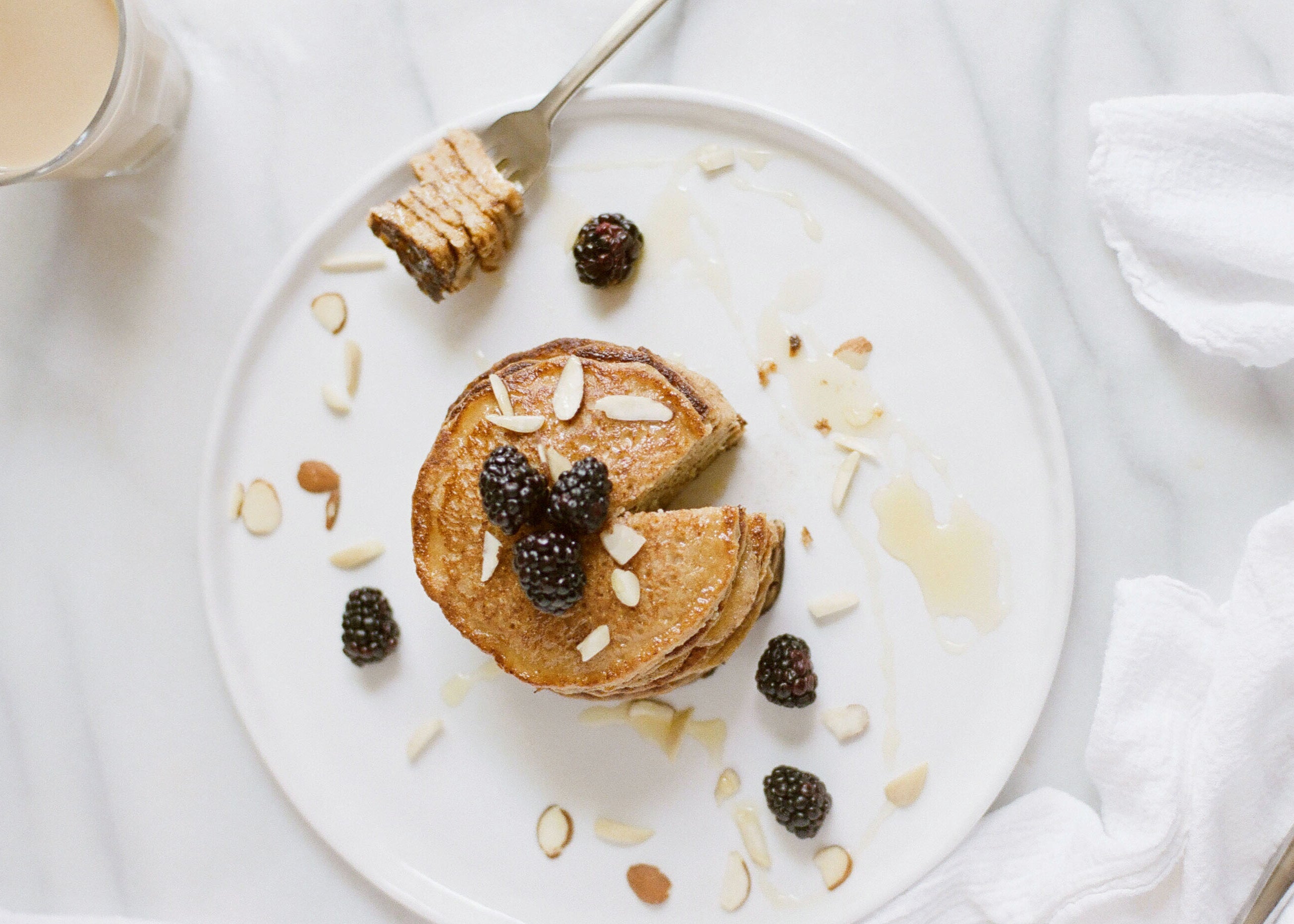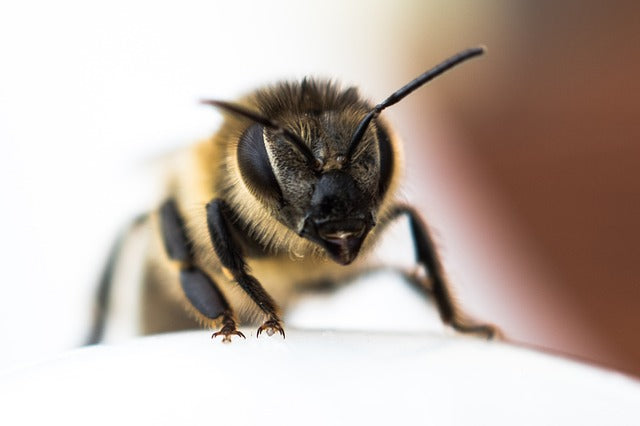For many of us living in cities, a trip to the grocery store is always easy, not to mention finding a great restaurant scene that makes getting a salad as straightforward as a stroll down the street. But what is easy is forgetting our little winged friends who work hard to bring healthy plant-based foods to our table. Most city dwellers think of bees as the pesky insects that buzz around and occasionally sting people. In reality, the bees are peaceful creatures that play a critical role in our ecosystem. Bees are responsible for pollinating roughly 1/3 of our food supply - Do you ever snack on almonds, apples, avocados, enjoy a slice of pumpkin pie, or wake up with a cup of coffee? Then it’s time you give a big “thank you” to nature’s modest little superheroes - the bees! According to the U.N. Food and Agriculture Organization, around 71 of the 100 crop species that provide us with 90% of our food worldwide are pollinated by bees. This includes some of the healthiest foods out there like berries, garlic, pomegranates, avocados and many more! Unfortunately, after all these years of giving, the bees need our help. Starting in 2006, beekeepers have seen a rise in Colony Collapse Disorder (CCD), where adult bees just pack up and buzz off, with no note, phone call or bee left behind to tell the tale. Fast forward to now and there are a number of complex factors (including pesticides and climate change to name a few) that are contributing to massive losses to the bee population. In 2015-2016, US beekeepers lost 44% of their honey bee colonies, around 3 times the average of 15%. Now that is not okay. If you are still shaking your head in disagreement remembering that bee sting you suffered as a kid, you may want to consider that it’s not just the world of fruits, veggies and flowers that would take a hit if we lost the bees. If we lose these pollinators, getting that steak dinner would become significantly more difficult! For all you carnivores out there, honey bees play a crucial role in pollinating alfalfa, which is a key source of food for cows and many other grazing animals. It’s pretty clear that without action the bee population will continue to weaken and our food supply will start to shrink. So what can you do? Well, helping out is easier than you may think! If you want to help support these little creatures who do so much for us, you can start in your own backyard. Building a bee bath (which can be as simple as a shallow bowl with rocks in it), planting bee-friendly flowers (such as Lavender, Sunflower, Thyme, New England Aster and Goldenrod), eliminating pesticide use and growing your own vegetables can help create a haven for our bees. These small actions make a big impact for our pollinators by providing them with an important source of food and water. Don’t be scared – bees are actually peaceful creatures and only sting you when they feel threatened. It’s time to show some love to our buzzing mates and help support them through this rough time!
Continue reading

Easy Healthy Banana Chocolate Chip Pancakes for the Weekend Warrior!
While we believe every day is a good day for pancakes, it is a fact that Sundays are for pancakes. BUT not for just any pancakes… Banana pancakes! And while we would love to make the most elaborate...

In The News: August
Most Extensive Study Shows a Beeg Problem with Pesticides The largest study ever conducted on pesticides, spanning 2,000 hectares across the UK, Germany and Hungary was set up to find "real-world" ...



